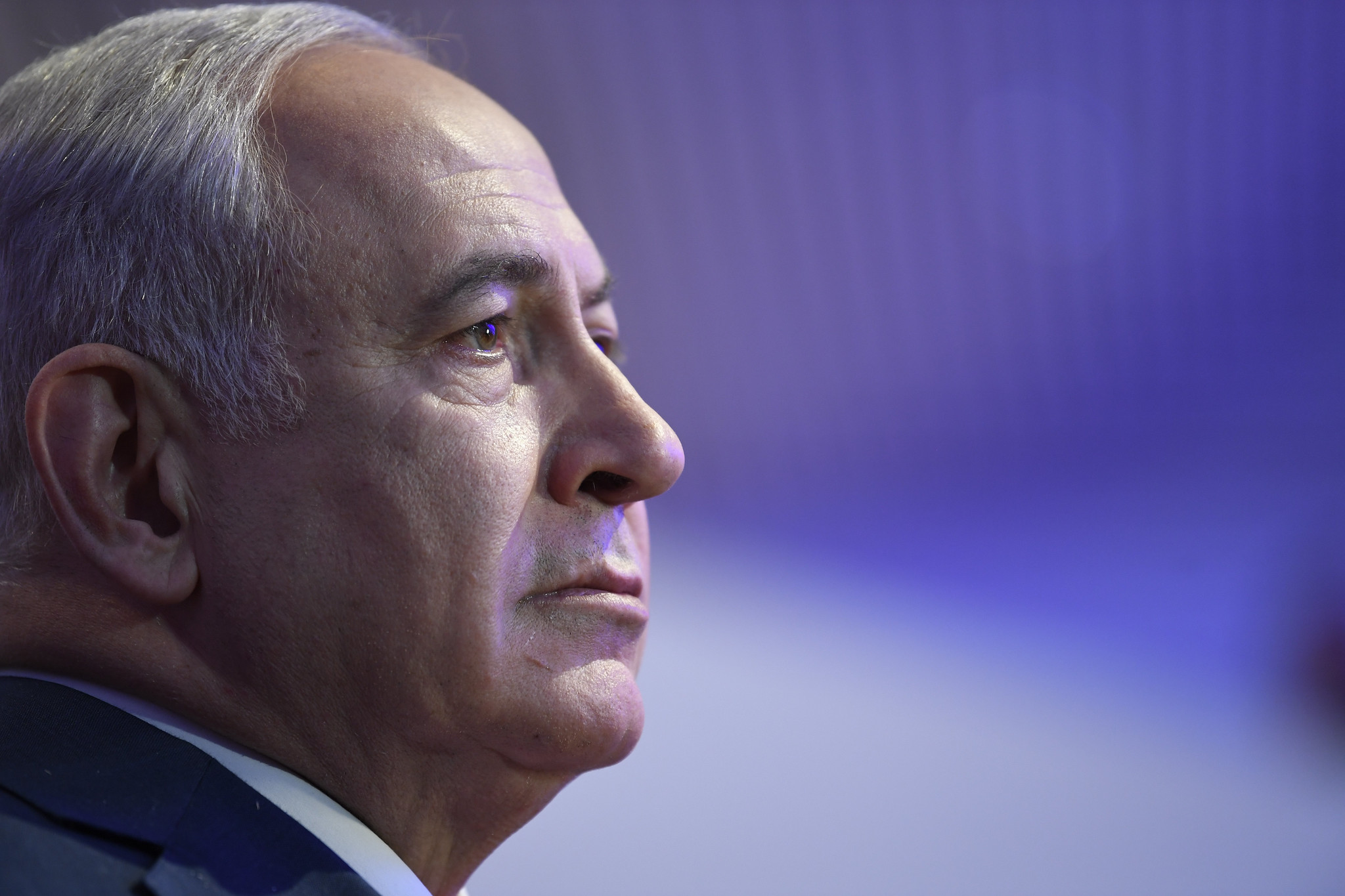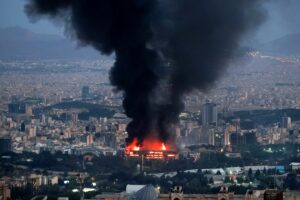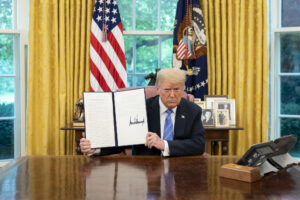He could now lead the Middle East out of war by ensuring Israel’s survival and bringing justice to the Palestinians. Benjamin Netanyahu now has everything he needs to transform himself into a man of peace, as he will soon have won on all fronts.
In the south, Hamas is broken. Its leadership is decimated and, although it remains influential in the West Bank, its military capabilities have been destroyed.
In the north, in Lebanon, Hezbollah is no longer the state within a state that this Iranian-funded Shiite political-military organisation had become. Deprived of its leaders and militarily defeated, the ‘Party of God’ will have to reinvent itself on its own, because in the northeast, the Assad regime, the third regional relay of Iranian theocracy, no longer exists.
A new power must rebuild Syria and it certainly does not wish to enter into conflict with Israel.
In the south-east, in Yemen, the Houthis no longer have any possibility of extending a lasting influence in the Gulf, let alone in Israel, since the mullahs will sooner or later fail to support this fourth pillar of Iran.
Directly or indirectly, Israel has defeated the ‘axis of resistance’ formed by the Iranian regime, which will not be able to withstand the blows dealt to it by Mossad and the Israeli air force for very long. Iraq is too divided to become a regional player again, and despite twenty months of bombing in Gaza, Egypt, Jordan and the oil monarchies have not renounced their cold peace with Israel.
The paradox is that Israel’s security has never been as robust as it is at this moment of absolute turmoil. The Israeli army is on all fronts. Iranian bombs continue to strike Israel, whose international image has been tarnished by the savagery of the collective punishment inflicted on Gaza. The divisions in this country continue to deepen. Terrorism may return, but militarily speaking, nothing will threaten it for a long time to come.
Everything would therefore allow its Prime Minister to make this victory lasting by offering peace treaties to the Palestinians, the countries of the region and to all Muslim states.
His opponents would applaud him. He would be supported by Arab capitals, Europeans and the United States. He would immediately be in a position to isolate the far right and form a new coalition with the moderate right, the left and the centre. He could convince the Palestinians, who are already close to accepting it, that their state should remain neutral and have no armed forces other than its police.
He could, on this momentum, lay the foundations for a regional free trade area that could in turn conclude an association agreement with the European Union. He could do all this because when you are strong, and Israel is in a position of strength, one can reach out to his opponents without appearing weak and he could even enhance his stature.
Benjamin Netanyahu therefore has a choice. It can be either the chimera of Greater Israel and a new century of wars, or the coexistence of two states, Israeli and Palestinian, peace in the Middle East and, soon, cooperation between the Mashreq, the Maghreb and Europe, the three shores of the Mediterranean, our common lake.
( Photo : © World Economic Forum / Valeriano Di Domenico )





